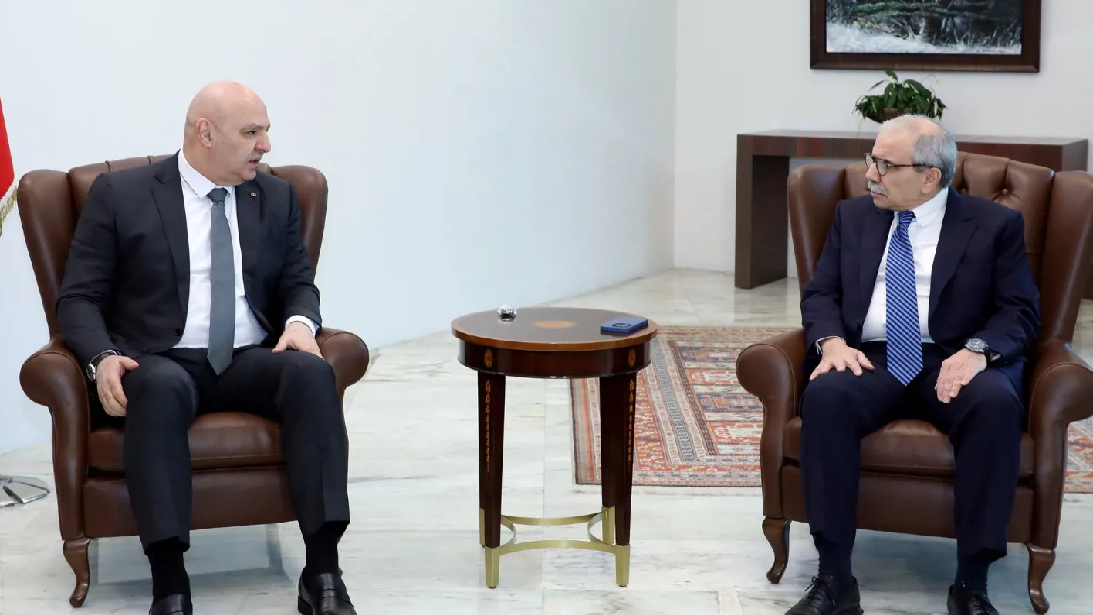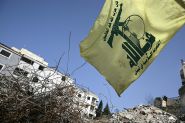
For the first time under President Joseph Aoun’s leadership, the Higher Defense Council convened on Friday at the Baabda Palace, where it issued a strong warning to Hamas following rocket launches from Lebanon toward Israel on March 22 and 28. At the conclusion of the session, the Council stated that any military use of Lebanese territory represented a direct threat to national security, calling for an immediate halt to such activities.
One of the key decisions announced was the initiation of judicial proceedings early next week against those detained in connection with the rocket attacks. The Council emphasized that anyone found to be involved, based on the ongoing investigations, would face prosecution.
This session, the first since President Aoun’s inauguration, was attended by Prime Minister Nawaf Salam, along with several key ministers, including the ministers of Defense, Interior, Justice and Foreign Affairs. The meeting focused on providing an overview of the country’s security situation, set against the backdrop of regional tensions, particularly the situation in Syria.
The Higher Defense Council, whose deliberations are confidential, is responsible for overseeing national security and making recommendations to the government.
During the meeting, Aoun issued a stern warning against Lebanon being exploited as a platform for destabilizing activities. He emphasized the importance of upholding Palestinian rights but cautioned against dragging Lebanon into external conflicts that would threaten national security.
Aoun reiterated the need to restore state authority and safeguard national stability, referencing both his oath of office and the principles outlined in the Taif Accord. This included a call for the disarmament of non-state actors, ensuring Lebanon remains free from external influence or internal destabilization.
The president also emphasized the need for full preparedness for the upcoming municipal elections, underscoring that they must be conducted with “transparency and democratic integrity.” He called for free voting, free from pressure or interference, and highlighted the judiciary’s role in prosecuting electoral violations.
On the ongoing crisis in Syria, Aoun warned that the deteriorating situation in the neighboring country could have serious repercussions for Lebanon, particularly with the growing refugee crisis. He stressed the importance of preventing spillover effects from Syria that could threaten Lebanon’s internal cohesion.
Prime Minister Nawaf Salam echoed the president’s call for holding elections, underscoring their constitutional and democratic significance. He affirmed the government’s commitment to neutrality throughout the electoral process, expressing confidence in its professionalism.
Minister of Interior Ahmad al-Hajjar provided an update on the security and logistical preparations for the elections, assuring that the security agencies would uphold the principle of neutrality and would not interfere in the democratic process.
This meeting marks an early test for President Aoun's administration in handling sensitive national issues. The way these challenges are managed could shape the future direction of his presidency, focusing on security, state sovereignty and the government’s ability to act decisively during critical national moments through decisions made in the Council and their subsequent implementation on the ground.



Comments